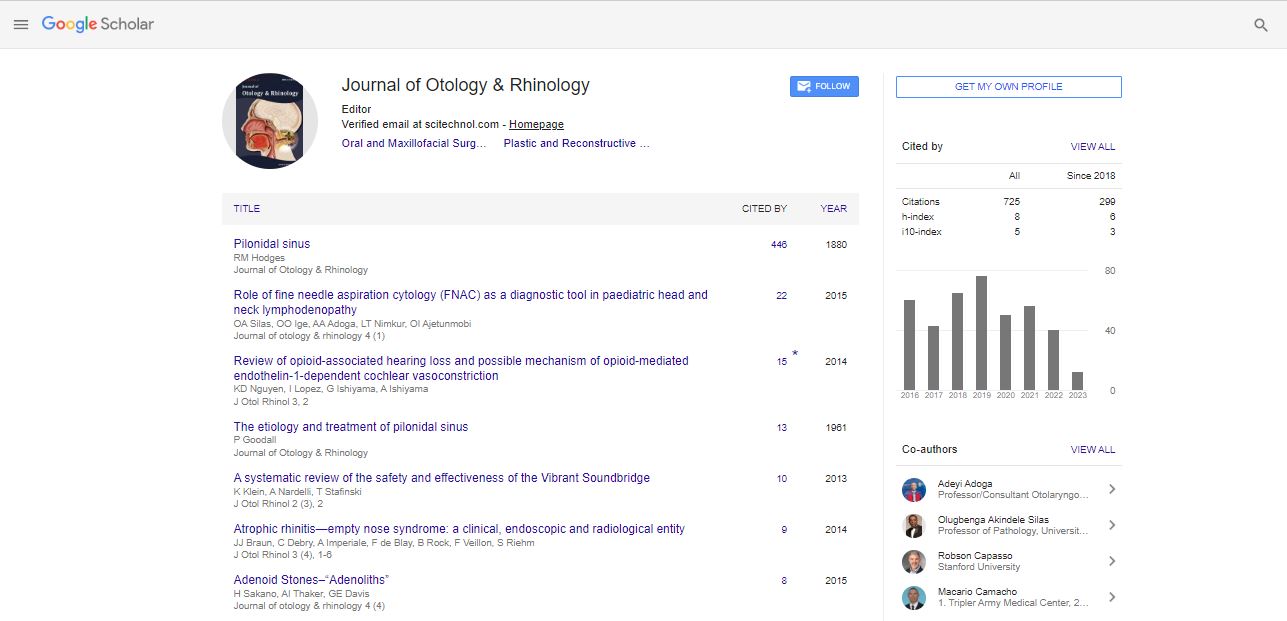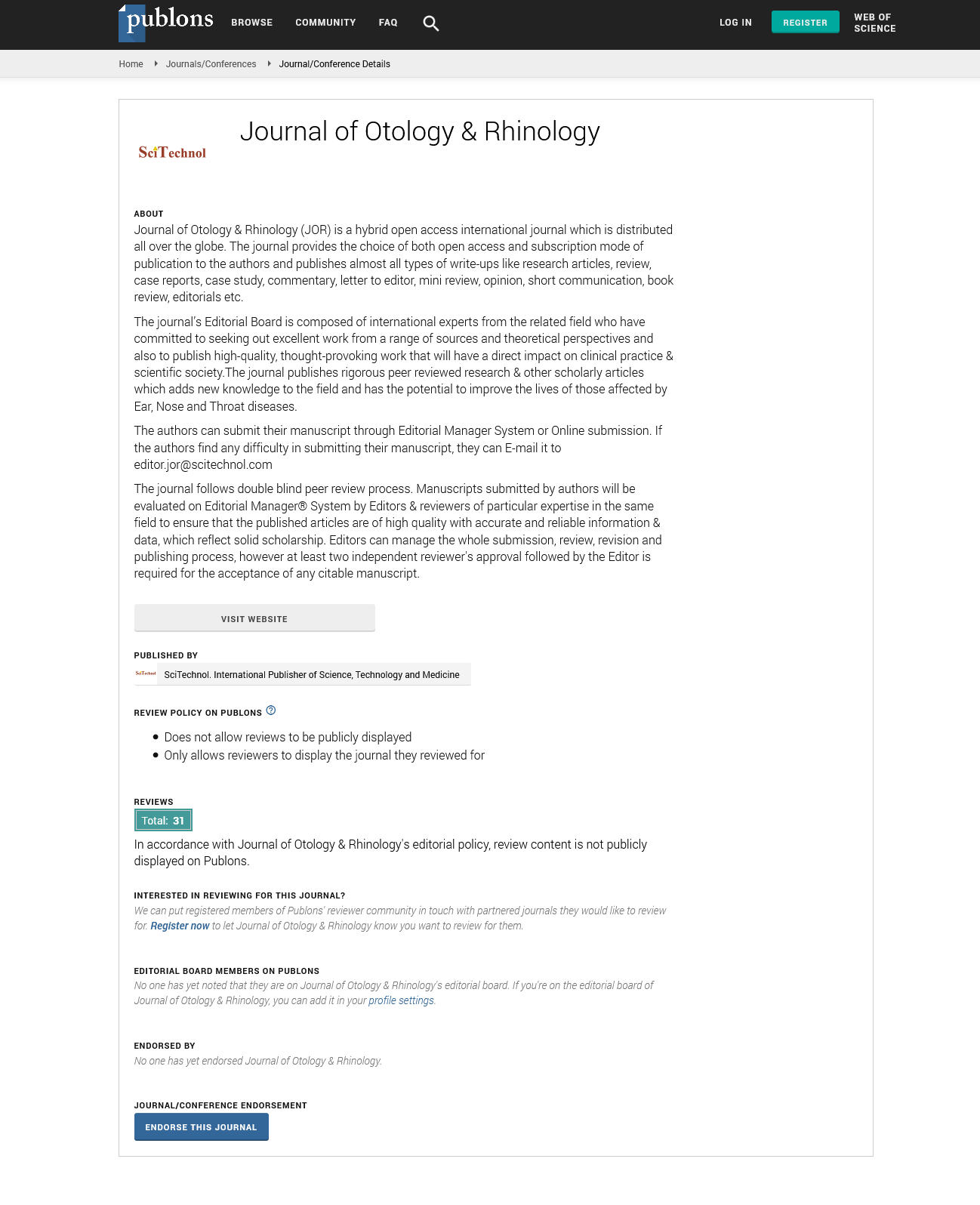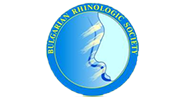The use of TMS as a therapeutic option for zumbido: A systematic review
Amanda Dos Humildes Maia Santos
Bahiana School of Medicine and Public Health, Brazil
: J Otol Rhinol
Abstract
Introduction: Tinnitus can be characterized as an auditory illusion that is a sound perception unrelated to an external source of stimulation. Due to the initial difficulty in establishing the etiological diagnosis, the treatment can not be easily established, often focusing only on the reduction of the symptoms presented. It is in this context that transcranial magnetic stimulation (TMS) arises, as an alternative treatment, to reduce the perception of tinnitus. TMS is a non-invasive form of transcranial stimulation in which, from electromagnetic fields, a neural depolarization occurs, culminating in a focal and precise effect, very useful for functional studies and cortical mapping. Objectives: The objective of this study is to evaluate the therapeutic response of tinnitus to TMS. Methodology: A systematic review of the literature was conducted using the following descriptors: tinnitus and TMS. The research was carried out in the databases MEDLINE/PUBMED, Lilacs, Scielo. Inclusion criteria were: patients older than 18 years without other associated comorbidities who had a diagnosis established by a specialist or through the application of previously validated scales and criteria applied by a non-specialist physician. Results: A total of 84 studies were found, and a total of 4 were selected after the inclusion criteria were applied, obtaining a sample of 197 patients. From the defined criteria, there was a positive response to TMS in 50% of the studies. Conclusions: Based on the present review, there is not yet a therapeutic response of tinnitus to TMS. Further studies are needed to more consistently assess the effect of this neurostimulation on the symptom.
Biography
E-mail: amandamaia.h@hotmail.com
 Spanish
Spanish  Chinese
Chinese  Russian
Russian  German
German  French
French  Japanese
Japanese  Portuguese
Portuguese  Hindi
Hindi 


